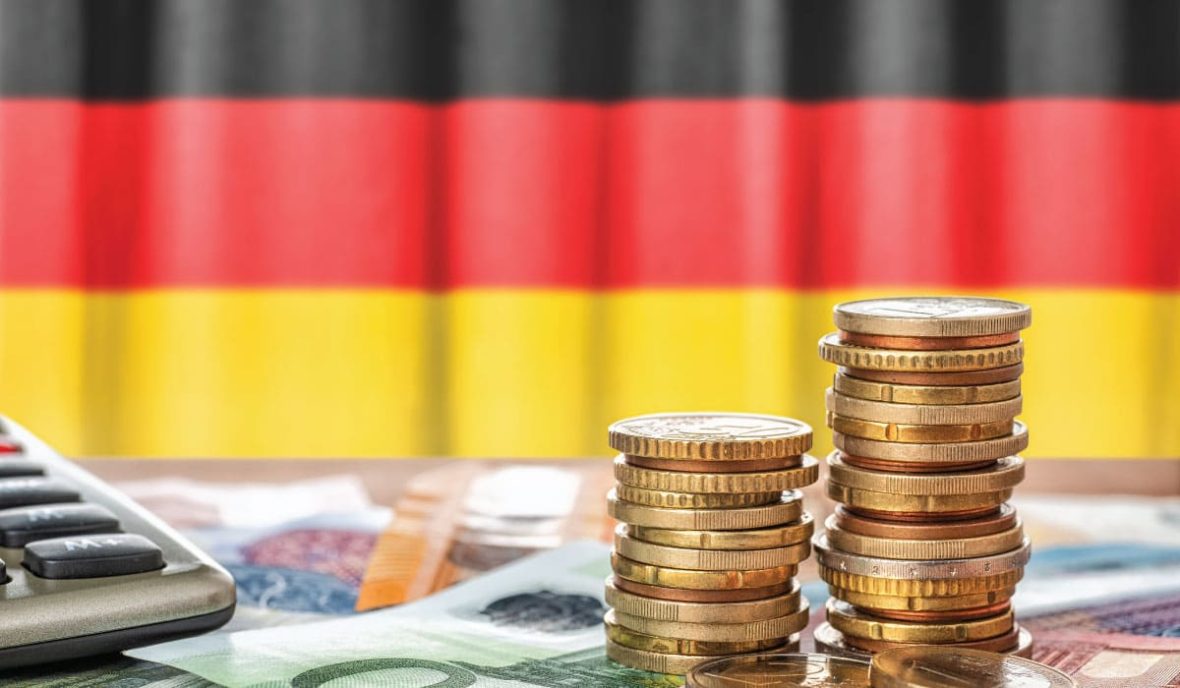iGaming Tax – Germany Introduces New Regime

As you should already be aware, the Federal Council presented the controversial Glücksspielneuregulierungstaatsvertrag – GlüStV 2021 just now. Despite their vast criticism from the industry experts, state legislators were confident that they would get the necessary number of votes to pass the bill, which includes introducing a new iGaming tax in Germany.
The Christian Democratic Union (CDU), also the Christian Social Union of Bavaria (CSU), the Social Democratic Party (SPD), and the Green Party supported the bill. The Free Democratic Party (FDP) opposes the bill, while Die Linke abstained.
The iGaming tax rate approved by the Bundestag turned out to be controversial. Back in January, the 8% turnover tax proposed by the 16 German states was not supported by academic groups. Research has shown that income tax and “turnover tax” will make the German system uncompetitive in the gaming market. Consequently, the regulatory structure will be in jeopardy.
Some online casino players consider the new tax order passed today to be unfair. The difference of opinion is due to the 5.3 percent rate tax, which is equally mandatory for licensed and unlicensed online operators.
According to Antje Tillmann, CDU / CSU spokesman for financial policy, a unified taxation regulation for the German online gaming sector has been adopted. The tax will impose on race bets, sports betting, public lotteries, and sweepstakes, along with online poker and slot machines. Germany has increased taxes on online games, and even if an online operator operates illegally, without a license, the taxation remains in effect.
How does the new iGaming tax regime work?
The new tax regime provides for several rules, which apply to online slots and poker, some of which focus on the technical aspects of slots such as spin speed, while others focus on wagering and deposit margins of up to € 1,000 per month.
iGaming Tax on Online Poker & Virtual Slots
Online poker and virtual slot machine fees will be calculated based on the difference between the cash and virtual slot machine tax (valuation basis). Cash bets include all costs incurred by the player when using online poker or slot machines. For online poker, this also includes the participation fee and all bets made while playing. The commission is 5.3% of the estimated base. The tax on sports betting will increase from 5% of the corresponding estimate to 5.3%. Otherwise, no changes are planned.
In particular, the iGaming tax rate (effective) will be 5.3% according to the following formula: (gross value * tax rate) / (gross value + tax). For example: (100 euros * 5.3) / 100 euros + 5.30 euros) = 530 / 105.30 = 5.03%.
In the future, all licensed online operators will have to deal with an effective tax rate that is much higher than the 15-30% GGR tax (not sales tax).
What should we learn from the European experience?
This tax rate is accepted in many other European jurisdictions. France was one of the first to install “France only” and regulate a scheme that required companies to deploy servers in France and allow players to use a dedicated website. This scheme was followed by countries such as Spain, Italy, and Greece.
The ring-fences didn’t work. France realized that due to the limit on the number of players, their audience was not enough (population 65 million), allowing their citizens to return to the international gaming community (Italy is still outside the country).
Why did the new rules & iGaming Tax cause controversy?
The legality of the tax regulations adopted by the Bundestag remains unclear. DSWV and EGBA have filed a complaint with the European Union about these rules. The new tax vision has been heavily criticized by industry authorities, who have pointed out that the moves exacerbate the commercial problems of games and run counter to the main goal of moving players from the unregulated online gaming market to licensed operators.
There is a danger that the approved tax regime will render licensed online operators uncompetitive and encourage players to use black-market services. According to a recent study, new tax rules force 40% of players to use offshore services, so efforts to protect them are vain.
What do player reviews dictate?
A poll by Entain, Flutter Entertainment, and Novomatic, a subsidiary of Novomatic, in April shows that if the payout ratio for online slot machines is lowered due to sales tax, the number of fully regulated sites and offers will drop to 51%.
Of the 619 players surveyed, 49% admitted that they had chosen the services of unregulated alternative operators. 54% of respondents said that the percentage of payment is the most important factor when choosing a website, 31% – the fact that the operator is licensed and 6% – focus on the range of products and measures to protect players.
According to a Goldmedia Consulting & Research for Digital Innovation group survey, 31% of players surveyed use black market sites every month, and 27% choose offers that contradict current regulations. SEO analysis showed that unregulated quotes include more matches than relevant ones.
Overall, 73-75% of the regular use of online games comes from offers contrary to regulations
A study published by the Handelsblatt Research Institute (HRI) in Düsseldorf says the new restrictions force players to relocate to other countries as the revised taxes raise the game’s price. According to HRI President Dr. Bert Rurup, players are extremely sensitive to changes in playing conditions. The proposed tax of 5.3% is very high compared to other European countries, making legal proposals unattractive.
Reasons for the protest of online casinos
Leading German gambling operators such as LeoVegas blamed the new rules for significantly damaging their home network. One of the new rules limits the number of spins to € 1, which is a big blow for online casinos. In Germany, more than 50% of the total revenue of online operators comes from the online gambling market, so online casinos lose a lot of money to cover the cost limit for each spin.
A 5.3% tax on online betting means the operator cannot offer an RTP of more than 94.7%. With an RTP of 94.7%, the operator will violate the rate level but will lose money, as it needs funding for employees, marketing support, and various types of operations. Considering the financial overhead, this means that online casinos can offer the maximum RTP for any transaction, while the probability of bankruptcy is about 93%, or more likely – 92%.
After introducing new tax legislation, large online operators such as BetFair Exchange left the German market. What will happen next? The next big thing estimated to be enrolled on the 2nd of August is Germany’s self-exclusion System OASIS. Follow the link to discover more.
